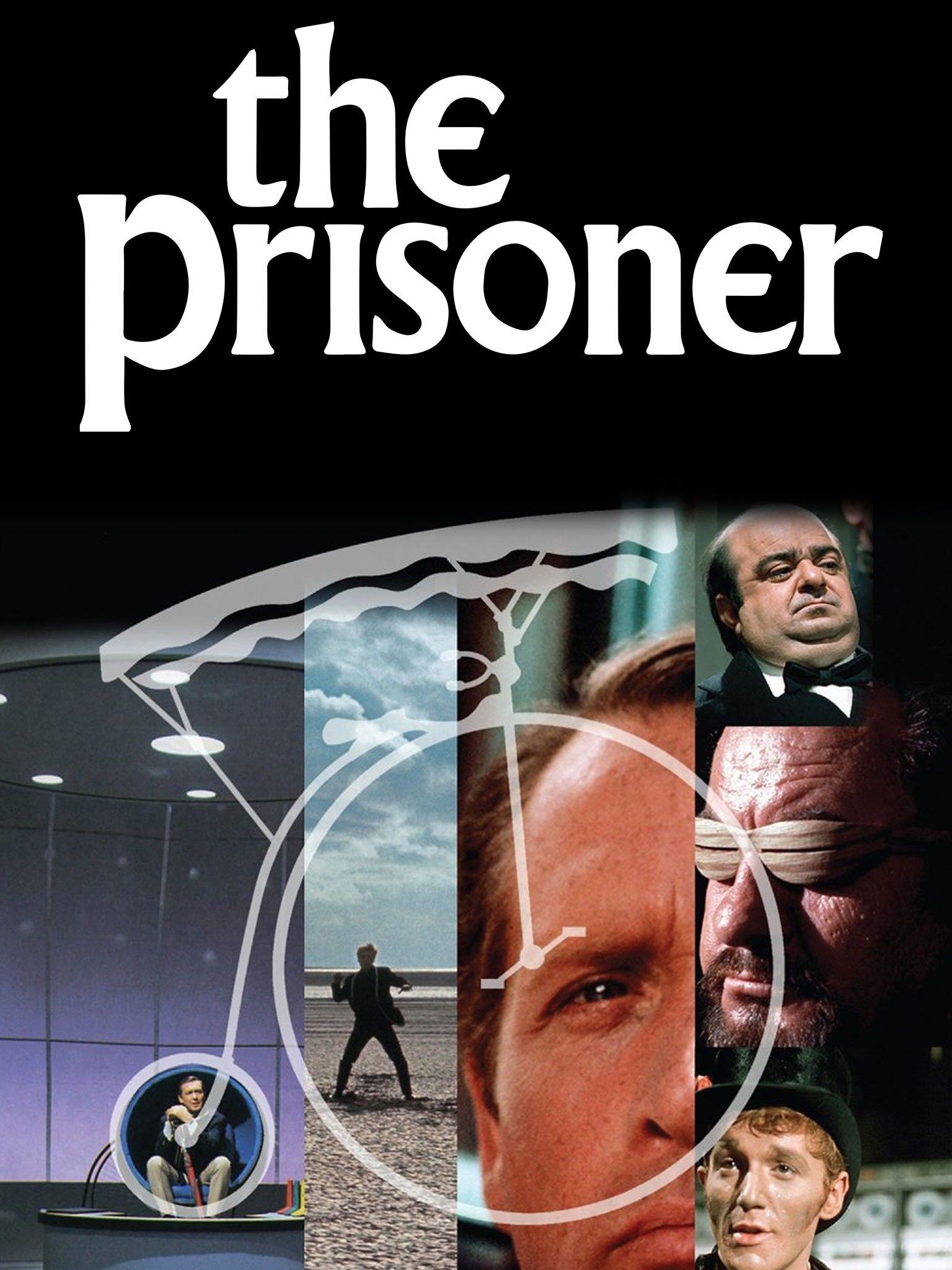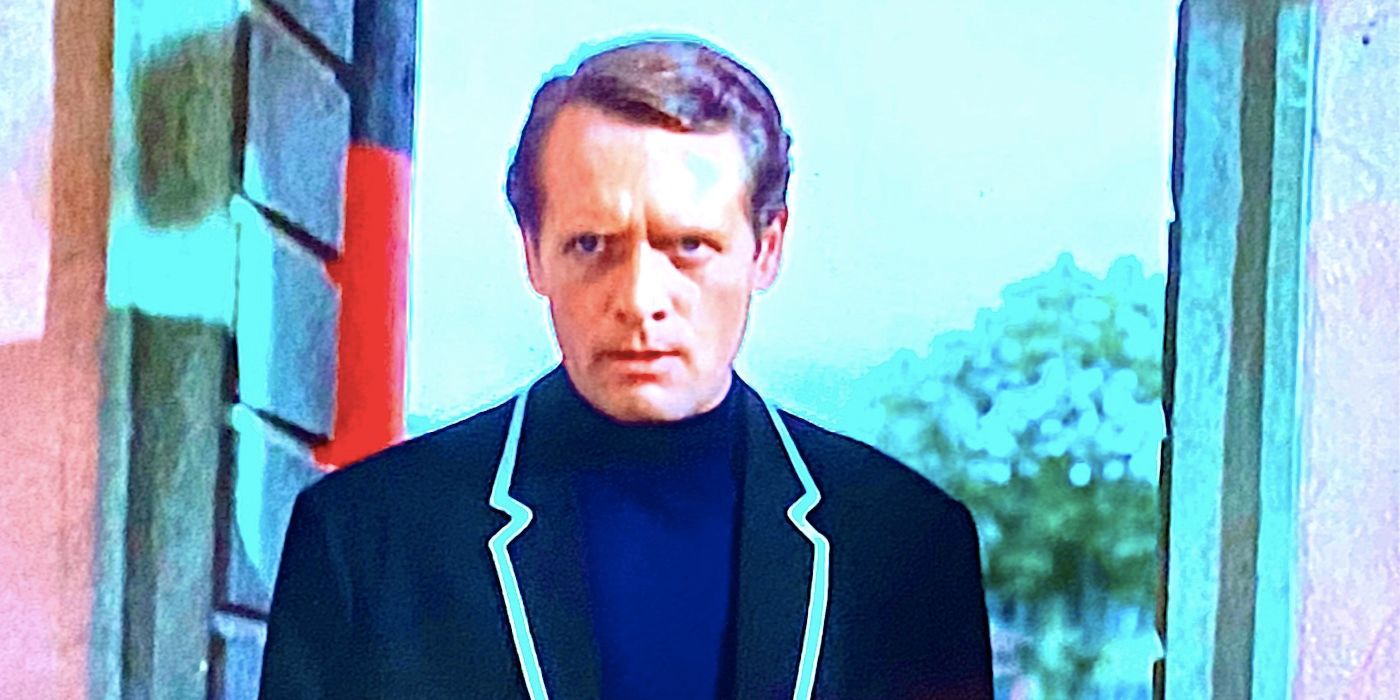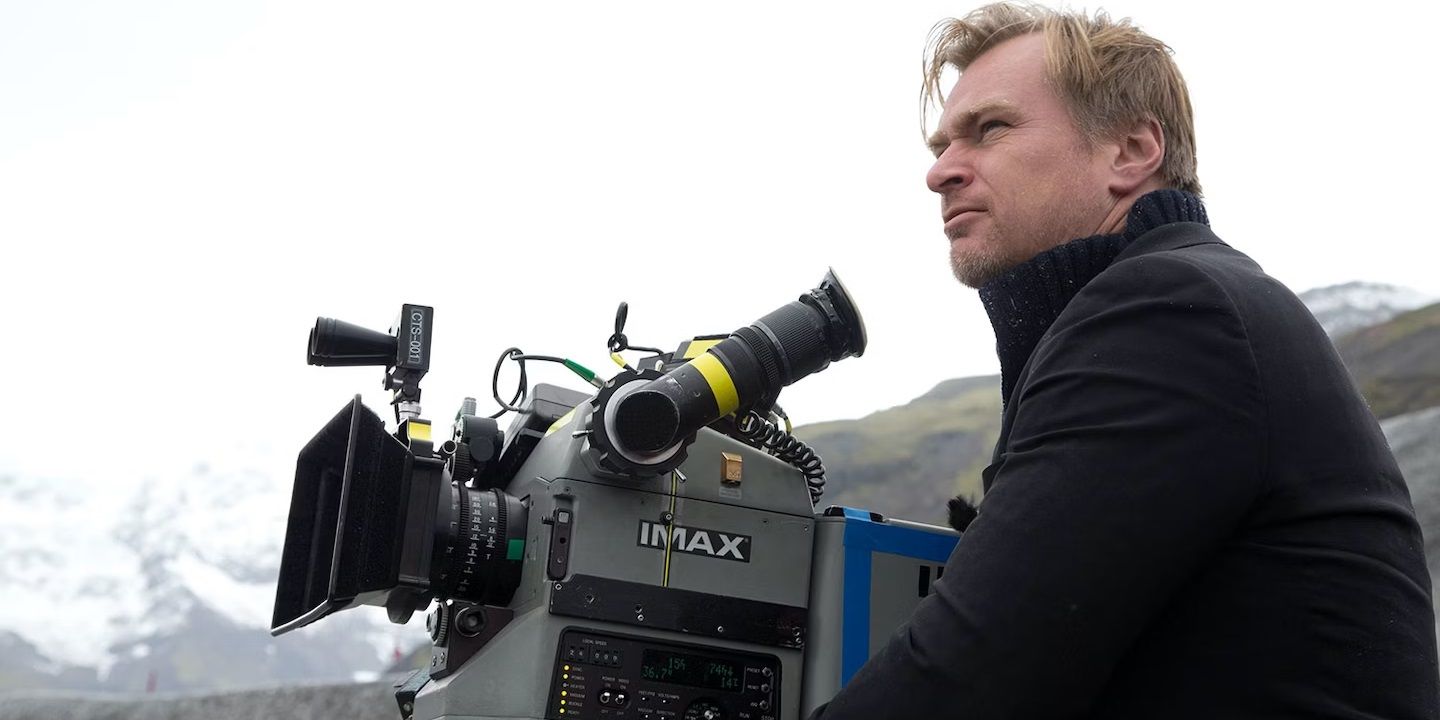Summary
- The Prisoner's obscure and ambiguous ending is what made the original series historically important.
- Nolan's remake must maintain the original's mystery and avoid offering clear explanations to succeed.
- Nolan's intricate worldbuilding may face a challenge with The Prisoner's need for ambiguity and no answers.
Although Christopher Nolan's next movie has the potential to be a great remake, the director’s love of intricate worldbuilding may ironically work against him in this instance. Christopher Nolan’s movies are nothing if not perfectly crafted. Nolan's best and worst movies all run like clockwork, with their twisty plots becoming clearer as the story progresses. The director’s breakout hit Memento infamously told its tale backward, an ingenious twist that reinvented the tired whodunit formula. Since then, hits like Inception, Interstellar, and The Prestige all succeeded in making their complex, labyrinthine stories accessible for a mainstream audience.
However, Nolan’s rumored next movie may run into trouble. Nolan is reportedly remaking the cult classic British TV series The Prisoner, which originally aired in 1967. Created by and starring Patrick McGoohan, The Prisoner followed the story of Number Six. A British spy imprisoned in an idyllic village, Number Six spent the entirety of the frantic, offbeat miniseries trying to uncover who was behind his captivity and what their motives were. The Prisoner’s infamously obscure ending is deservedly iconic, but keeping the finale’s ambiguous mystery intact would mean ending a lengthy career trend for Nolan.
The Prisoner’s Original Ending Didn’t Explain Anything
Number Six’s Story Ended With A Surreal Twist
The Prisoner’s ambiguous ending was highly divisive and the backlash to the show’s lack of answers was massive. Series creator/star Patrick McGoohan famously left Britain for a while to lie low after the final episode aired since The Prisoner’s finale didn’t explain who abducted Number Six, why they did it, or what the village was. Instead, episode 17, “Fall Out,” took Number Six on a surreal odyssey that revealed Number Six’s nemesis, Number Two, was also a victim of the Village. Number One was finally unmasked, only for his face to be a gorilla mask.
Beneath this mask was what looked like a clone of Number Six but, before viewers could be certain, the episode’s wild final chase began. There were rocket launches, police chases, and a sly implication that Number Six never escaped the confines of the village at all. As an ending to a self-contained mystery miniseries, the conclusion left a lot to be desired. As a psychedelic piece of subversive TV history, it was perfect. Now, Nolan’s proposed The Prisoner remake could risk failure if the movie feels the need to explain the chaotic anarchy of this infamously obscure ending.
Christopher Nolan’s Movies Revel In Complex Worldbuilding
Even Tenet and Inception Are Much More Straightforward Than The Prisoner
Despite (or perhaps because of) their complexity, Nolan’s movies love explaining themselves. While they have their ambiguities, the stakes of the story and the rules of their world are always clear. For example, when Cobb leaves the top spinning at the end of Inception, viewers understand the significance of this image. Inception thoroughly explains the world of dreams and reality to the audience so that, even when the ending doesn’t depict the spinning top falling, it is clear that Cobb may or may not still be in a dream. In contrast, The Prisoner was a lot less generous.
It is tough to see the creators of meticulously crafted mysteries like The Prestige and Memento ending a movie with an open-ended “Who knows what was going on/ what it all means” twist, but this is exactly what made The Prisoner so historically significant.
The miniseries didn’t clarify who its villains were, what its stakes were, or why anything depicted in the series happened. It is tough to see the creators of meticulously crafted mysteries like The Prestige and Memento ending a movie with an open-ended “Who knows what was going on/ what it all means” twist, but this is exactly what made The Prisoner so historically significant. Nolan’s proposed remake of The Prisoner could offer any number of explanations for the show’s mysterious setting, unseen villains, and mysterious protagonist, and these would probably be compelling and clever in their own right.
Nolan's The Prisoner Remake Needs To Keep The Original's Ambiguity
The Prisoner's Ending Audaciously Avoided Explaining Itself
However, by losing The Prisoner’s original ambiguity, Nolan’s movie would betray what made the series important in the first place. Even though the director’s movies have their ambiguities, the rules of Nolan’s fictional worlds are always clearly laid out and internally consistent. In contrast, The Prisoner made a point of defying traditional worldbuilding. The nature of the Village is no clearer at the end of the show than it was in the beginning and, as such, the miniseries has spawned countless fan theories and interpretations that explain its many unsolved mysteries.
Creating a faithful remake of The Prisoner means that Nolan’s out-of-order filmmaking style would be pushed to its limits. The director would need to tell a story that not only fails to explain itself to the viewers but actively defies explanation. His movies have a knack for taking endlessly complicated subjects and making them digestible and entertaining, but The Prisoner challenge Nolan’s sensibilities. To succeed with this remake, Christopher Nolan will need to tell a story that offers no clear answers and avoids any tidy explanation.

The Prisoner (1967)
- Cast
- Patrick McGoohan , Angelo Muscat , Peter Swanwick , Denis Shaw , Fenella Fielding
- Release Date
- September 29, 1967
- Seasons
- 1
- Streaming Service(s)
- Amazon Freevee , Crackle , Plex
- Writers
- Patrick McGoohan , David Tomblin , Anthony Skene , Terence Feely , Vincent Tilsley , George Markstein
- Main Genre
- Drama
- Creator(s)
- Patrick McGoohan


